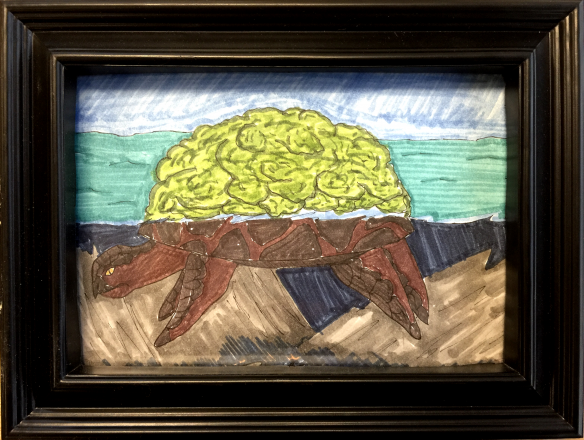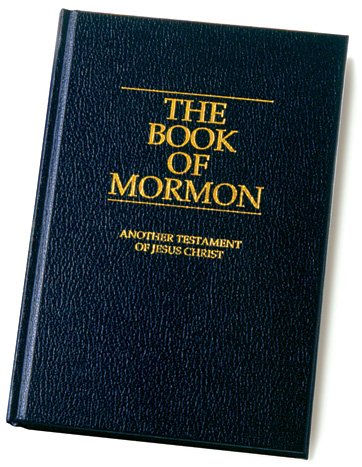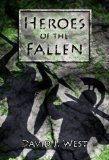[Cross-posted from Sixteen Small Stones]
Last month, my daughter sent out an email query to the members of our family asking for each of us to respond as quickly as possible with the name our favorite magical creature of all time. I didn’t respond immediately and so her question slipped off my radar. She followed up with an email reminder, and then a verbal reminder. I didn’t understand why it was so important, but after a little thought, I told her that my favorite mythical creature was Fastitocalon.
Like most people, she had never heard of Fastitocalon.
Fastitocalon is the name of a gigantic mythological sea monster that floats at the surface of the ocean and deceives seafarers. The wicked beast waits for sea travelers, who easily mistake it’s huge carapace for an uncharted island, to secure their ships to its shell and disembark for a rest from their journey. Just when they are starting to feel safe and enjoying themselves, Fastitocalon dives into the sea, sinking the ships and drowning all the travelers.
For Christmas, my daughter gave each member of the family an original drawing of the creature they had told her was their favorite. And she gave me a wonderful drawing of Fastitocalon, a photo of which I have included at the top of this post.
I love my daughter’s conceptualization of Fastitocalon as a giant turtle. I like the line between what appears above the surface and what is below; the change in lighting and color. The welcoming island above and the beast below.
My first encounter with Fastitocalon was through J.R.R. Tolkien’s delightful poem of the same name in “The Adventures of Tom Bombadil“: Continue reading




